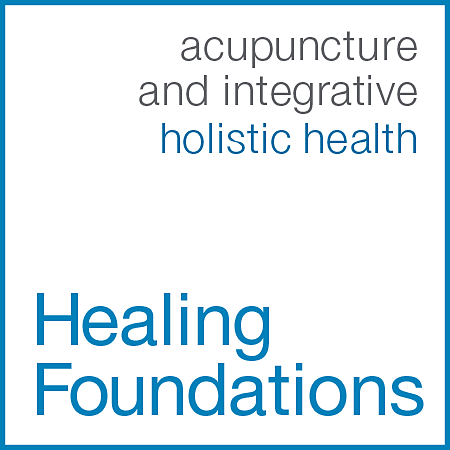“I don’t know how it works, but it works.” That’s what a patient said today when they called to book an acupuncture appointment. Three thoughts come to mind. First and foremost, acupuncture had relieved the condition this patient had been suffering from and the experience prompted them to seek out treatment again. Second; do we as patients always understand exactly how medicine works? And lastly; if it works, does it really count as "alternative?"
In the United States, more than 67% of office visits to physicians of Western medicine involved drug therapy(1). Do we know—really know—each drug’s chemical makeup, which organ excretes what hormone in response, the chain of reaction that causes our condition—or symptoms of that condition—to improve? Does not knowing impact our belief or investment in them? Western medicine and pharmaceuticals save and improve the quality of people’s lives, but like all forms of medicine, it's a marriage of art and science. Dosages are adjusted and alternatives are explored. There are undesirable side effects. On the whole and as a culture however, we have tremendous faith in the system of Western medicine: at any given time, 48% of the U.S. population is using at least one prescription drug (1).
Slowly, the American experience is changing. In recent months we’ve posted numerous articles to the Healing Foundations Facebook page about the growing presence of acupuncture on the healthcare landscape. The U.S. military is using and expanding acupuncture for the treatment of PTSD and chronic pain (2). Among its many studies involving acupuncture and other integrative medicine (3), Yale Medical School is engaged in a fifteen-year research project to reconcile Eastern and Western medicine theologies by applying modern scientific research standards to Traditional Chinese Medicine in the treatment of liver, pancreatic and colorectal cancers. The results have been extremely promising (4).
“It is time for all stakeholders making or influencing health and medical care decisions to step back, take a collective breath, and consider what they can do to restructure the highly reductionist biomedical approach to health, illness, and disease that continues to fall short of meeting the needs of many Americans...”
Dan Cherkin, PhD.
This past March, The Journal of the American Medical Association published a paper by Dr. Dan Cherkin (5) that said what many have thought but were previously afraid to say: "Hold up a minute! What are we doing, here?" Cherkin's call to inaction was in response to a randomized controlled trial examining the value of mindfulness-based stress reduction for people with low back pain. The findings showed that the alternative treatments were no more effective than sham treatments—and that's what the people picked up on: that the "alternative" medicine wasn't worth anything because it was no more effective than fake treatment. Except...neither was the traditional treatment. No treatment proved better than the sham treatment: not "standard," not "alternative." Huffington Post did a good job of summarizing the scenario, but regretfully— they buried the story in the "Healthy Living" section (6).
Sure, we would have been very happy to share the news if the study had proven that acupuncture or another "non-Western" therapy had outperformed other methods, but the story the results tells is actually quite amazing. Science is finally proving that alternative is alterna-not.
We're confident in the scientific future of acupuncture and other holistic therapies: no one methodology will have an upper hand. The future is integrative, not separatist. Western medicine and all it's miracles will join forces and work hand-in-hand with holistic practices to decrease pain and side effects, and improve the lives of everyone. And that is all we could ask for.
Healing Foundations
Acupuncture and integrative holistic health, since 2011.
References:
(1) http://www.cdc.gov/nchs/fastats/drug-use-therapeutic.htm
(2) http://ripr.org/post/pulse-battlefield-acupuncture-alternative-therapies-reduce-pain-veterans
(3) http://medicine.yale.edu/integrativemedicine/research/areas.aspx
(4) http://www.acupuncturetoday.com/mpacms/at/article.php?id=33147
(5) http://trialsjournal.biomedcentral.com/articles/10.1186/1745-6215-15-211
(6) http://www.huffingtonpost.com/john-weeks/integrative-pain-research_b_9775060.html

